-
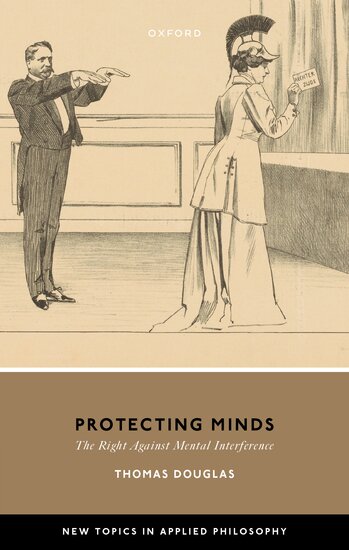
New Book: Protecting Minds – The Right Against Mental Interference
If your doctor injects you with a vaccine without your consent, or a stranger strokes the back of your neck on a packed train, we would think that they have wronged you, morally speaking. And we might capture this wrong by saying that they have trespassed on your body or infringed your right against bodily
-
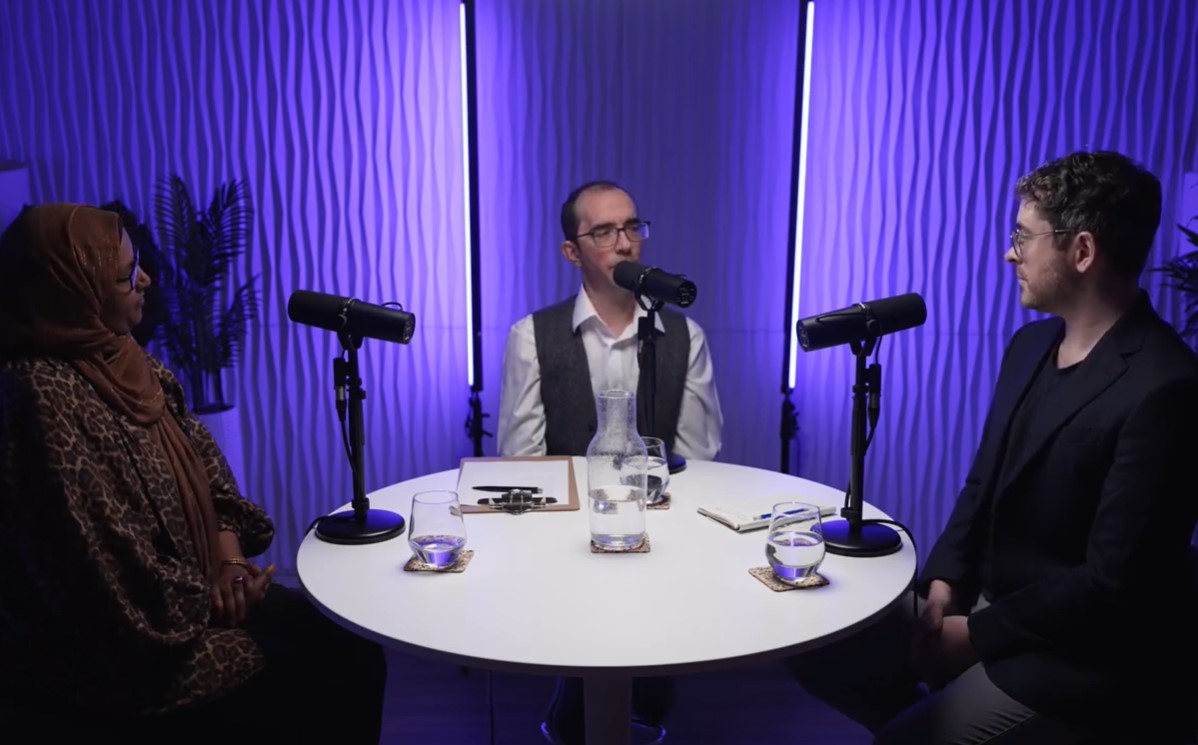
Rethinking the Ethics and Politics of the Global Campaign Against Female Genital Cutting
Reflections on a recent Antitheses Project conversation In a recent ANTITHESES Project podcast, Dominic Wilkinson (Uehiro Oxford Institute), Brian D. Earp (National University of Singapore), and Zainab Nur (Hidden Voices UK) discuss an extended essay published in the Journal of Medical Ethics (2025) examining the unintended harms of the dominant global campaign against female genital
-
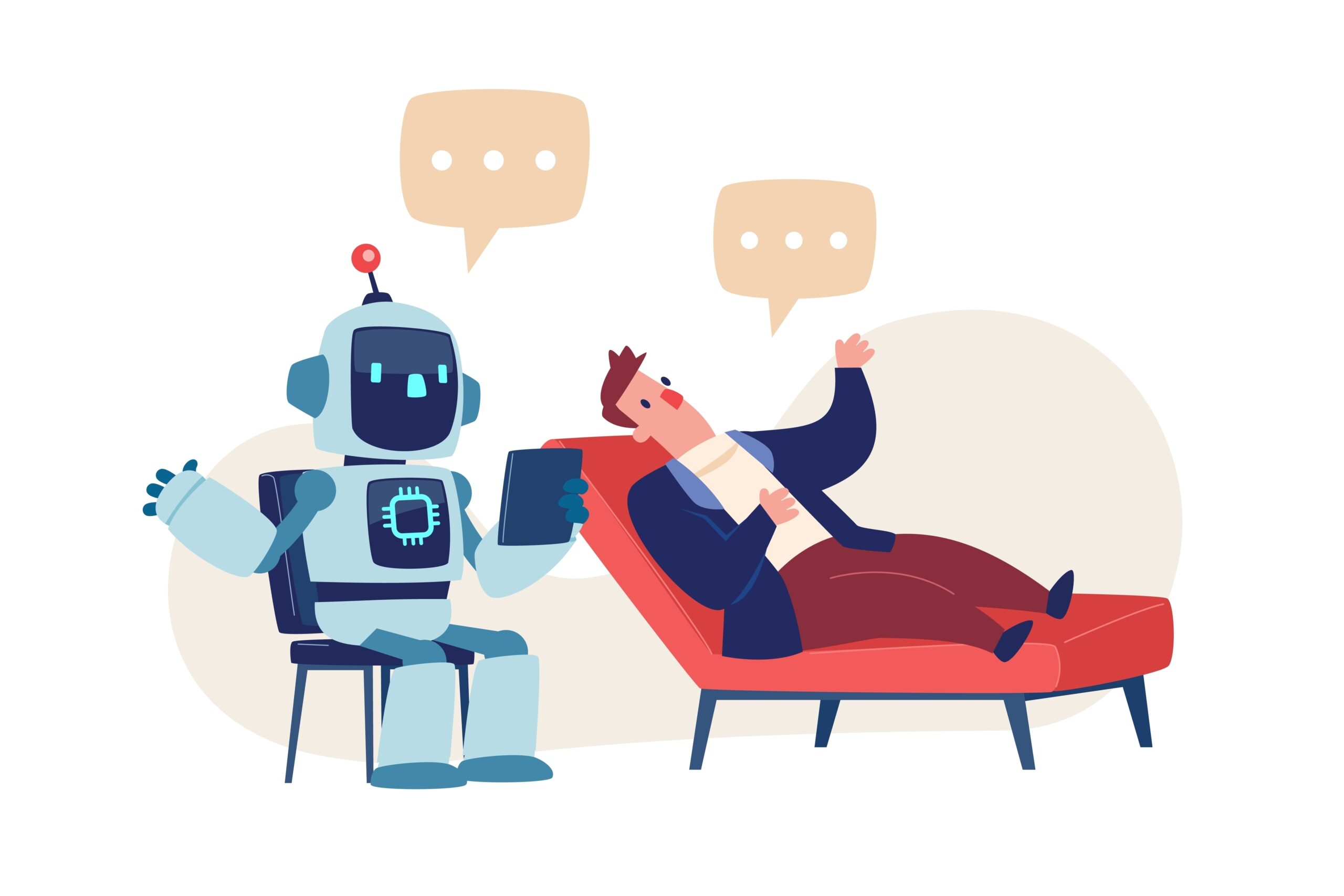
Mental Health Chatbots: on Truth and Bullshit
By Dr Jeremy Gauntlett-Gilbert; Consultant Psychologist and student, MSt Practical Ethics Chatbots are increasingly being used to deliver an AI version of psychological therapy. Internationally, there is pressure on mental health services and a shortage of human therapists. Mental health providers have a keen interest in such AI technological solutions that might offer treatment “at
-

A Visit to the Bentham Project at University College London (UCL)
By Taka Kurogi, Bruno dos Santos Queiroz We were pleased to be welcomed at the Bentham Project by Drs. Isra Black and Tim Causer of UCL’s Faculty of Laws. It was deeply inspiring to learn more about the Project’s ongoing work and its central role in preserving, studying, and, most importantly, making publicly accessible the
-
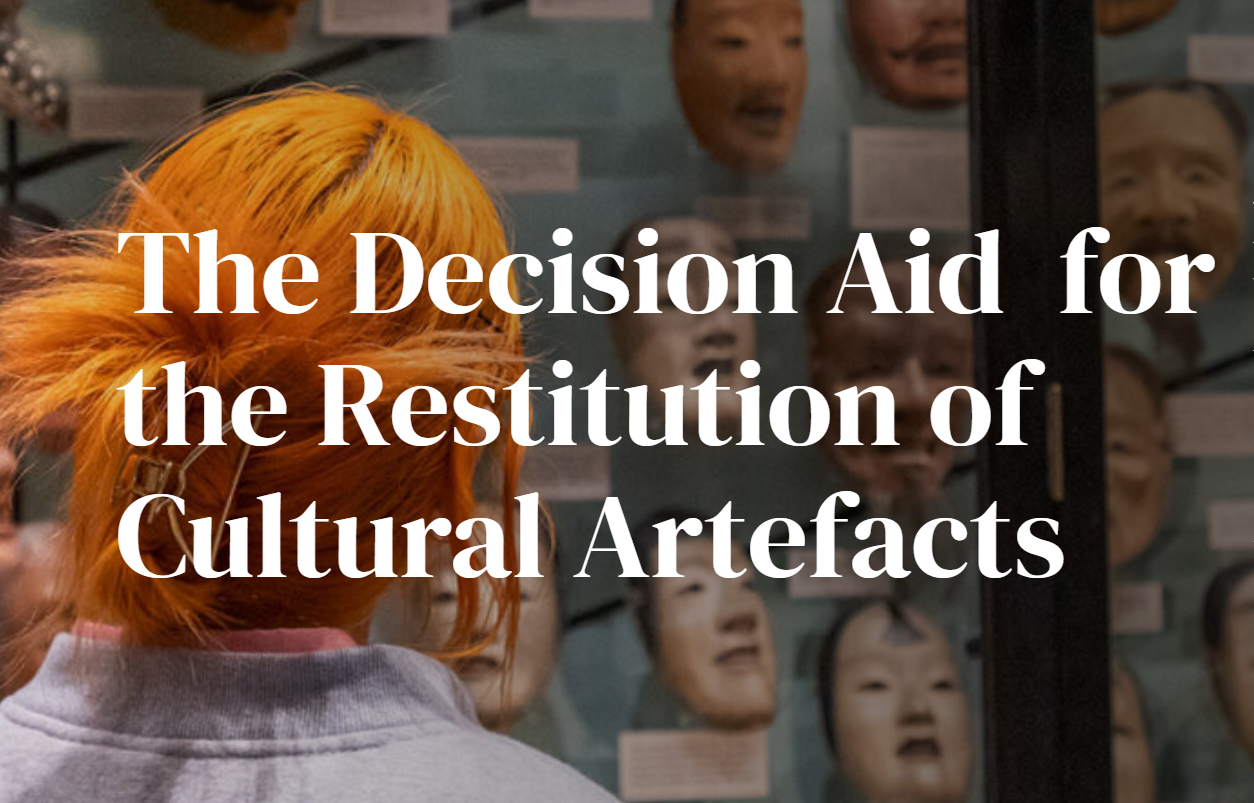
Helping Museums Think About The Ethics of Cultural Restitution: Introducing The Decision Aid for the Restitution of Cultural Artefacts (DARCA)
In recent years, museums and other cultural institutions are increasingly being asked whether they have a moral responsibility to return objects in their collections to countries, communities, families, or individuals who claim a connection to them. These debates about cultural restitution and repatriation have become increasingly visible, involving discussion of artefacts with complex histories. High-profile
-
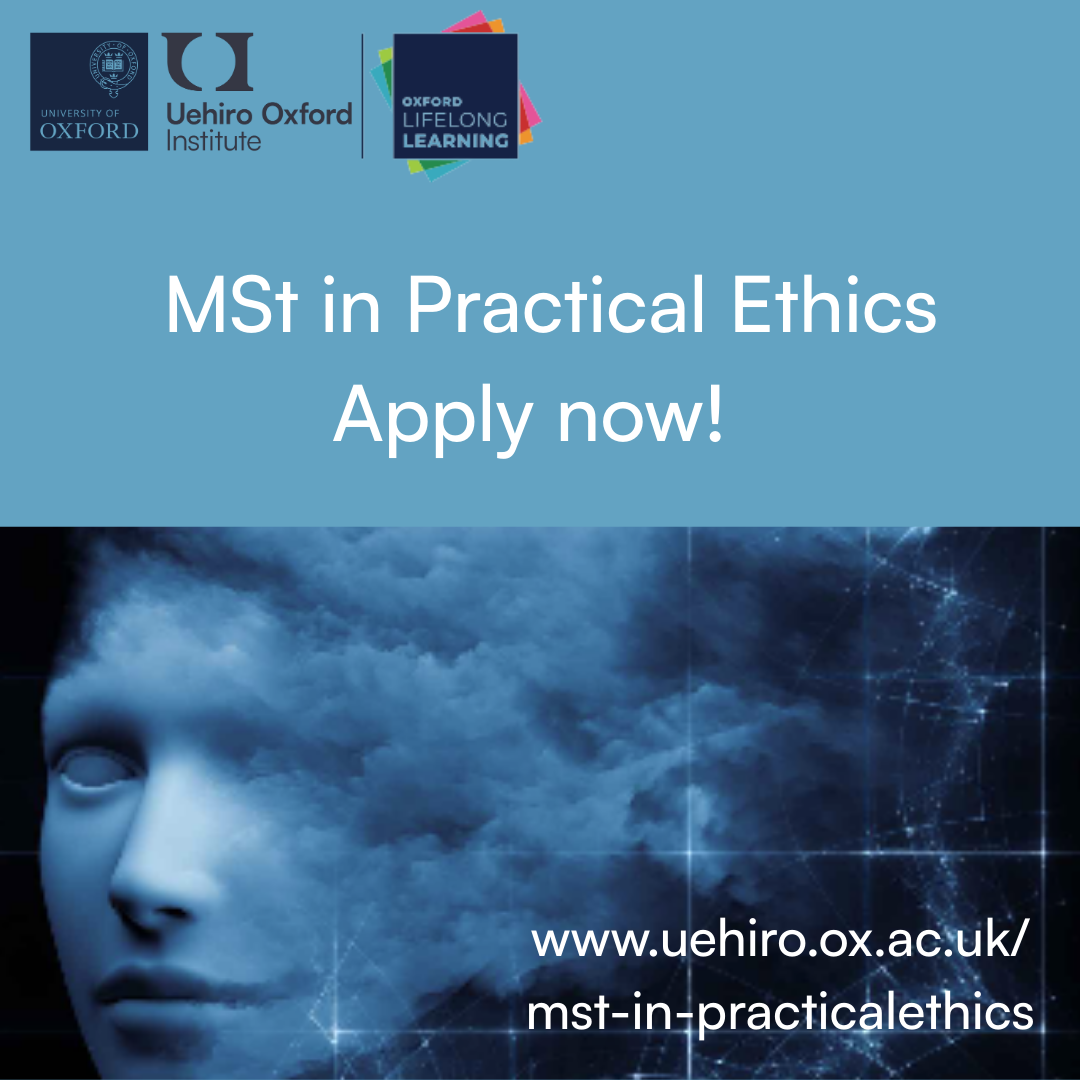
The MSt in Practical Ethics at Oxford University – Apply Before January 28!
Join this year’s cohort of MSt in Practical Ethics students – apply by 28th January to take advantage of funding opportunities. The MSt in Practical Ethics at the University of Oxford is designed for those who want to think carefully and rigorously about important ethical questions, while remaining firmly engaged with the real world. Ethics,
-
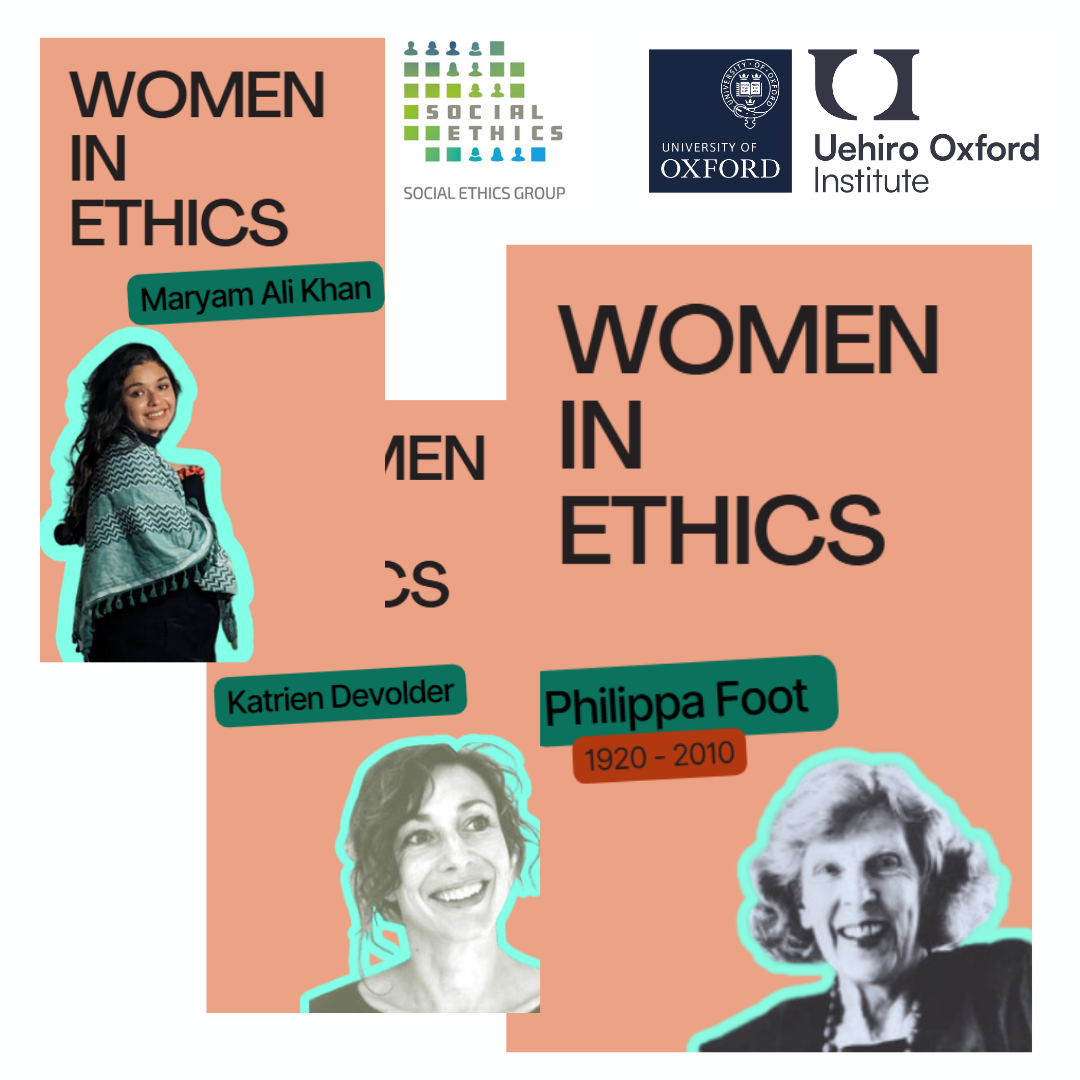
Celebrating Women in Ethics #WiE
The academic study of ethics is full of ideas that shape how we think about the world, and many of them come from women whose work deserves to be better known. Women writers, thinkers and ethicists have contributed for millennia alongside their male counterparts, yet their work has been often forgotten or side-lined. In our
-

National Uehiro Oxford Essay Prize in Practical Ethics
The National Uehiro Oxford Essay Prize in Practical Ethics is an annual competition held in the autumn/spring each year. It is open to all undergraduate and postgraduate students enrolled in UK universities, and the 2025/6 competition is now open for entries. Students are invited to enter by submitting an essay of up to 2000 words
-

Equity in Global Health: reflections from the Humanities
Authors: Alberto Giubilini (philosophy), Caesar Atuire (philosophy), Sloan Mahone (history), Ann Kelly (anthropology), Tolulope Osayomi (medical geography) Report of the Medical Humanities workshop held on 7th November 2025 at the University of Oxford This interdisciplinary workshop wanted to explore the contribution that the humanities can make to global health, and indeed emphasize their necessary role
-

‘Happy Birthday to E-Uni-Well’
Blog post by Prof Roger Crisp (Professor of Moral Philosophy/ Director of the Uehiro Oxford Institute) At the invitation of Professor Beatrix Busse, I was recently lucky enough to be asked to participate in the fifth anniversary celebrations of the European University of Well-being (E-Uni-Well), held in Cologne. EUniWell – the European University for Well-Being –
